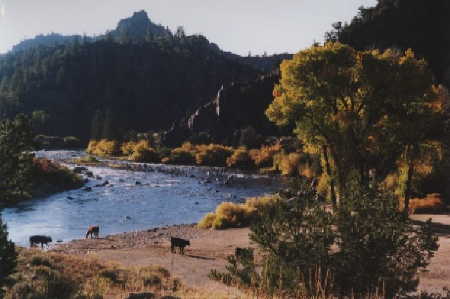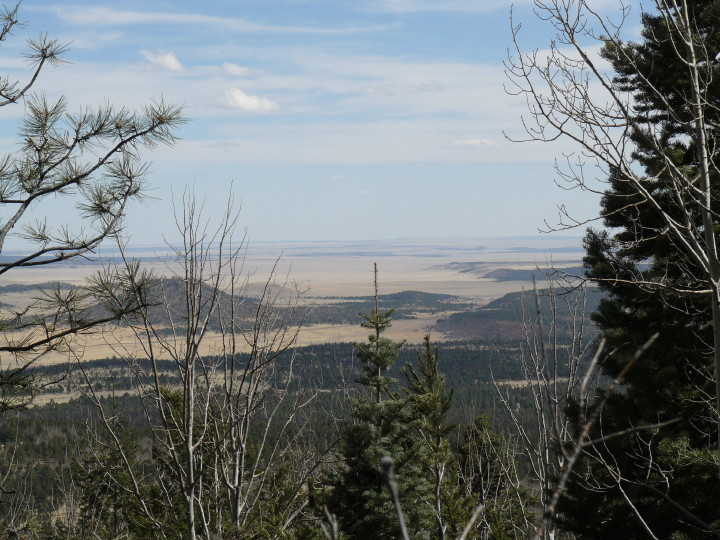"“Our results show evidence for methane contamination of shallow drinking water systems in at least three areas of the region and suggest important environmental risks accompanying shale gas exploration worldwide,” the article states."
COMMENTS:
Natural gas drilling and the process of hydraulic fracturing (fracking) has been polluting aquifers and private water wells for years, and reports by ProPublica over the years have shown serious contamination of not only methane, but benzene (known human carcinogen...cancer-causing at any level of exposure) in Wyoming wells near natural gas fields....reports of benzene 1200 ppb over the EPA permissible level in drinking water. Today, the results of the first "scientific" study is proving what industry has repeatedly denied. Let us see if the "science" will link benzene to the natural gas field fracking any time soon. And show us what we already know.
Drilling Mora County
by Abrahm Lustgarten
May 9, 2011
For the first time, a scientific study has linked natural gas drilling and hydraulic fracturing with a pattern of drinking water contamination so severe that some faucets can be lit on fire.
The peer-reviewed study [1], published today in the Proceedings of the National Academy of Sciences, stands to shape the contentious debate [2] over whether drilling is safe and begins to fill an information gap that has made it difficult for lawmakers and the public to understand the risks [3].
The research was conducted by four scientists at Duke University. They found that levels of flammable methane gas in drinking water wells increased to dangerous levels when those water supplies were close to natural gas wells. They also found that the type of gas detected at high levels in the water was the same type of gas that energy companies were extracting from thousands of feet underground, strongly implying that the gas may be seeping underground through natural or manmade faults and fractures, or coming from cracks in the well structure itself.
“Our results show evidence for methane contamination of shallow drinking water systems in at least three areas of the region and suggest important environmental risks accompanying shale gas exploration worldwide,” the article states.....continued.....










